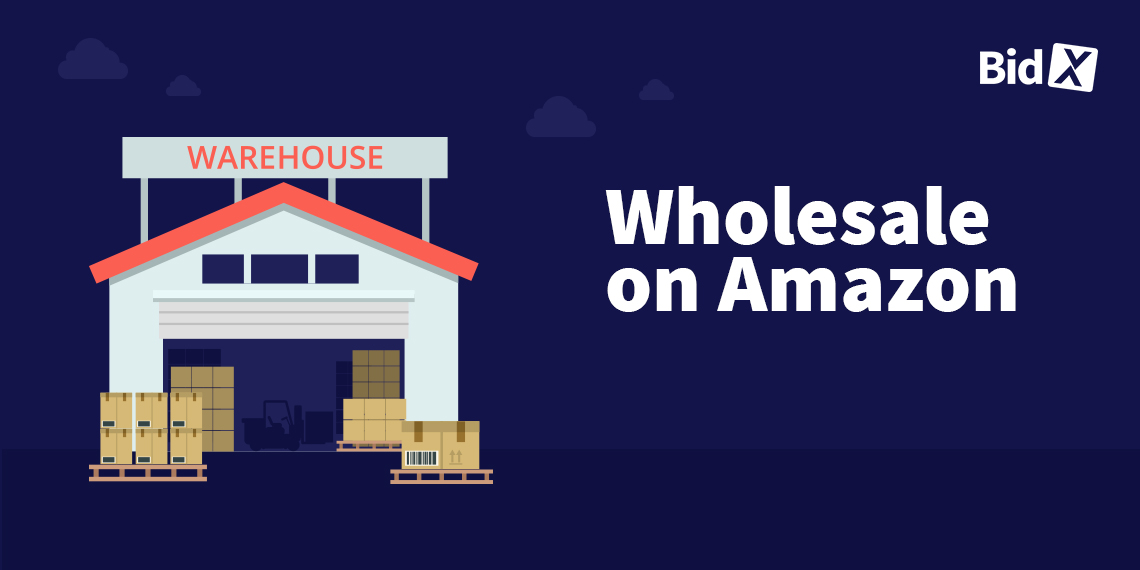Guide to the German Packaging Law (VerpackG)
The German Packaging Act (VerpackG), including its requirements for online retailers, has been wreaking havoc in e-commerce for several years now – or more precisely since 2019 – and continues to cause headaches. The first amendment to the Law has added a new dimension. It particularly affects all those who use a multichannel strategy and sell via marketplaces and/or solve their shipping via fulfillment partners. It's high time to tie up the loose ends and provide more clarity – with the ultimate guide from Lizenzero!
German Packaging Act: Which companies are affected?
The Packaging Act affects all retailers and producers who
- are commercially active and
- put packaging into circulation in Germany for the first time by selling products,
- which then ends up as waste at the end of the distribution chain at the private end consumer.
Don't get confused: The German Packaging Act refers to this target group somewhat misleadingly as "manufacturers". However, this actually refers to all companies to which the above-mentioned characteristics apply, and not just producers.
What kind of packaging are we talking about?
It has already been mentioned above: It is always about packaging that ultimately ends up with the private end consumer in Germany and is disposed of by him. In summary, we are talking here about sales packaging, and by this we mean product packaging (the packaging that directly surrounds the product, including all components), shipping packaging (including all padding and filling materials) and service packaging (is filled directly for handing over a product to the customer, e.g. carrier bags in stationary retail or coffee-to-go cups).
All of this packaging is subject to "system participation" or licensing – i.e. a license fee is incurred for it, which must be paid to one of the dual systems (more on this below in the article under "What to do?").
What happens if I do not comply with the German Packaging Act?
The text of the Law provides for fines of up to 200,000 euros, sales bans and warnings. The latter are also often initiated – as is common in online trade – by warning law firms; it is not for nothing that the Packaging Act has been at the top of the list of reasons for warnings for a considerable time.
Since July 2022, the risk of account blocking has been added for marketplace sellers. And that leads us straight to the next question:
VerpackG amendment: What's new since July 2022?
Marketplace operators (eBay, Amazon, etc.) and fulfillment service providers now have an control obligation with regard to the VerpackG. This means that they must check all their retailers who ship to Germany for VerpackG compliance.
If no proof can be provided, a sales ban takes effect. Concrete new obligations – apart from the provision of proof of fulfilled obligations to the marketplace/fulfillment service provider – have therefore not been added for the retailer concerned. Both the registration number of the Central Packaging Register (ZSVR) and the proof of the dual system serve as proof.
What obligations do the Packaging Act entail and what must be done?
Companies affected by the German Packaging Act have three obligations:
- Registration obligation: The Packaging Act has created a control authority, the so-called Central Agency Packaging Register (Zentrale Stelle Verpackungsregister; ZSVR). It provides the register LUCID, in which every affected company must register once and free of charge as a "manufacturer“. In return, one receives a personal registration number.
- System participation/licensing obligation: Both terms mean the same thing, namely the fee-based participation of sales packaging via license fee with a dual system – e.g. Interseroh+ (via Lizenzero). Sounds complex, but with most providers it works simply via online order: enter planned volumes into the calculator (please note our "Good to know" below!), click through the order section, complete the order and the license agreement is in place.
- Data Reporting Requirement: This To Do applies on an ongoing basis; it states that all volume reports, master data changes, or system provider changes must also be entered into the LUCID reporting register. Background: The ZSVR regularly compares the reported data with the dual systems on the basis of the registration number and investigates discrepancies – so there should be no discrepancies here if possible.
Rule of thumb #1: There are two contact points (ZSVR with registration register LUCID + dual system) and three obligations to fulfill the packaging law obligations – see above.
Rule of thumb #2: To avoid inconsistencies in data reconciliation between dual systems and LUCID, please get in the habit: Everything I change in LUCID, always adjust in the dual system partner as well – and vice versa. This always ensures the same data status.
Good to know: The Packaging Act prohibits unlicensed packaging from being put into circulation. This in turn means that the packaging must be licensed in advance. This rightly raises the question of how the specific volumes are to be known in advance. The solution: The initial specification is purely a planned volume, i.e. a forecast. Therefore, Lizenzero offers flexible volume adjustments upwards and downwards at any time (until 31.08. even with immediate credit for quantity reductions).
Climate protection through recycling management
In accordance with the "polluter pays" principle, the German Packaging Act requires every company that puts packaging into circulation to make a financial contribution to the recycling costs of the packaging. This participation takes the form of the license fee to be paid to one of the dual systems – which in turn then organizes the collection, sorting and, in particular, recycling of the packaging waste.
The more packaging that is properly licensed, the more stable the basis on which packaging can be recycled in Germany, i.e. the recyclable materials it contains can be kept in the cycle and thus made usable again. This saves immense amounts of greenhouse gases and raw materials that would otherwise be used for the manufacture of new products – a significant lever for active climate protection.
Lizenzero makes it easy for you to handle your packaging licensing and is your contact for all questions regarding the Packaging Law. As a partner of numerous marketplaces, we know where the shoe pinches, even with specific questions, and can provide comprehensive support.
About the author:
Lena is part of the marketing team at Lizenzero, was enthusiastic about the idea of closing loops from the beginning and is mainly responsible for the editorial plan and content creation.

.jpg)
-2.jpg)



